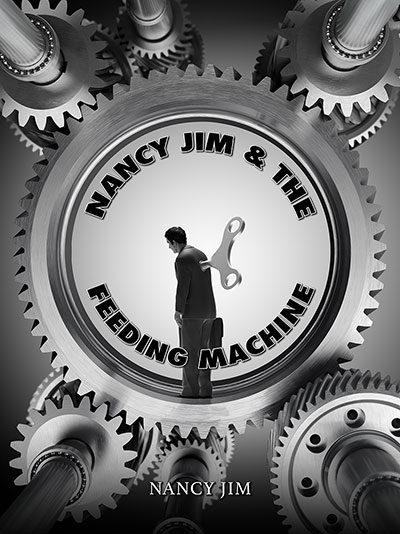
Abstract
When people share ideas and intellectually connect with friends, their modes and models of communication change (Discourse Theory - Deborah Tannen).
A one to one, or directly experienced (physical) conversation requires a degree of social construction, that is to say time needs to be set aside, an appropriate location found and some control over external factors such as temperature, work, family or other social distractions. Telephone conversations require less commitment than that of a physical conversation but still demand a degree of commitment in terms of time and engagement.
However, research is showing that people now choose to text message in preference to engaging in a telephone conversation.
The question is – why do people seem prepared to forsake the perceived richness of one to one or group physical social conversation in favour of increasingly ‘convenient’ though remote communication; does this reflect a change in society or a deep human drive towards isolation?
Could it be that though we say we value human society the reality may be that we equally seek a resolved isolation within our own consciousness – perhaps like most other species our need for social interaction is reserved only for those with whom we share DNA, until other species enter our social order as friends, pets and slaves. Could it be that technology is a means to focus upon and better understand our constantly changing ‘species condition’?
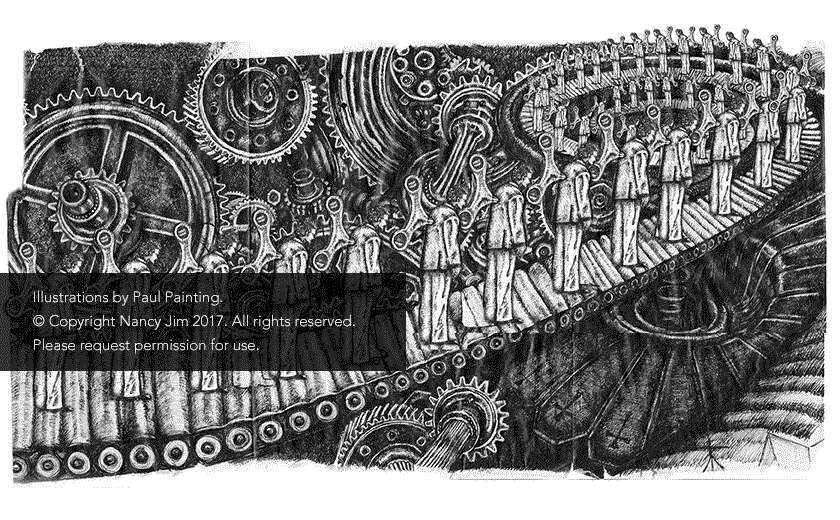
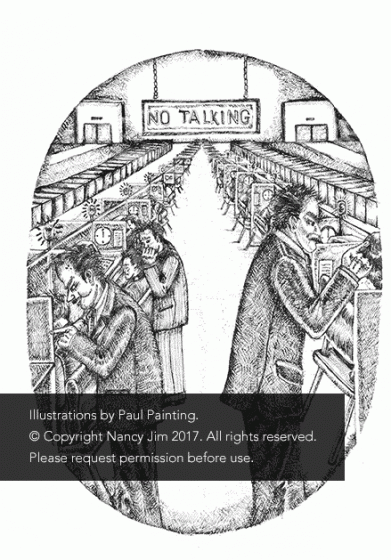
As a user experience designer, these same experiences could well echo our modern Digital Revolution.
Furthermore, I have contemplated whether my own working conditions are drastically better than that of my parents, where the ties to work have neglected time with my own child.
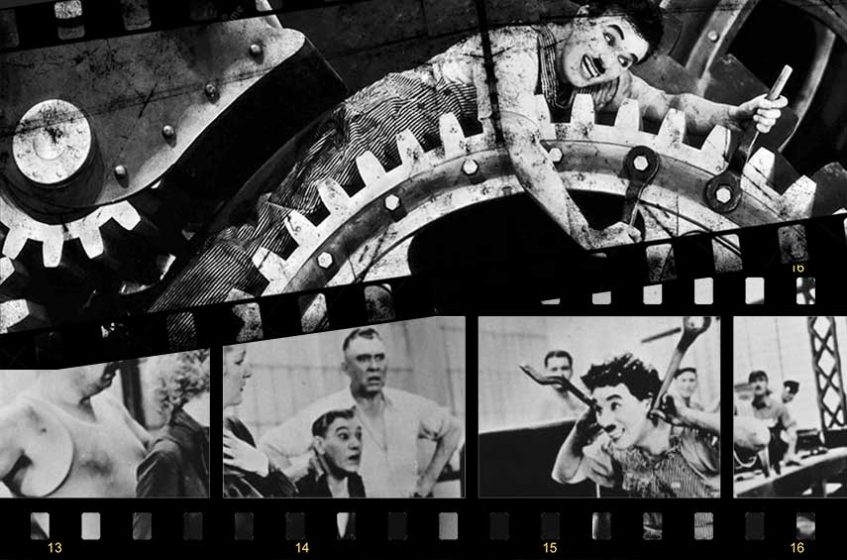
Marx's Theory of Alienation
Ontological Design: An unnatural evolutionary process created by mankind
What it means to be human: Working with our hands
The Enlightenment: The Age of Scientific Reasoning
Education & Commerce: Progressive Erasure of the Hand
Automation, Speed and Fear: The Mechanisations of Social Compliancy
Capitalism, Media & Misinformation
Defuturing: The Road to Human Extinction
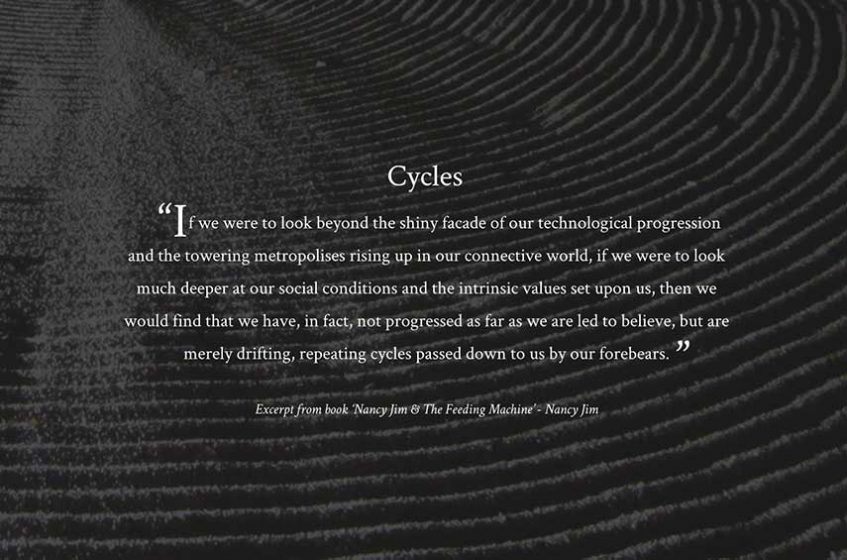
Nothing has changed!
Using my own life and work experiences as a philosophically aware post-humanist, and from a post-digital perspective, I have written a Dickensian-style narrative to draw upon the cycles and patterns found repeatedly in history, including our relationship with technology and that of our sociopolitical ideologies, setting the polemic against our defuturing modes-of-being in the face of human extinction.


“It is time for man to set a goal for himself.
It is time for man to plant the seed of his highest hope.
His soil is still rich enough for it.
But that soil will one day be poor and exhausted,
and no lofty tree will any longer be able to grow on it.”
Friedrich Nietzsche (1891) “Thus spoke Zarathustra”

Main Sources:
Friedrich Nietzsche
Tony Fry
Gilles Deleuze
Bernard Stiegler
Paul Virilio
 Nancy Jim
Nancy Jim